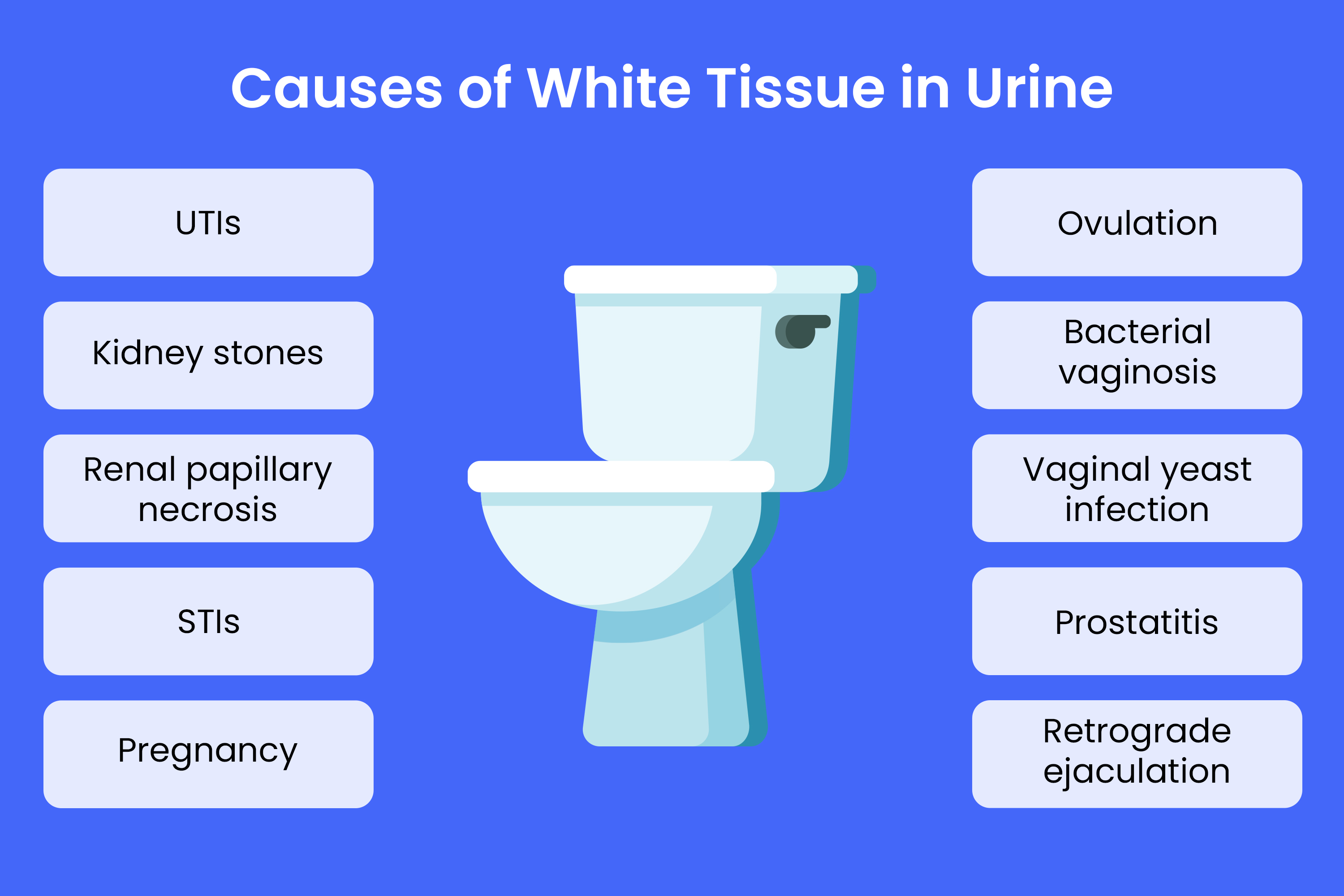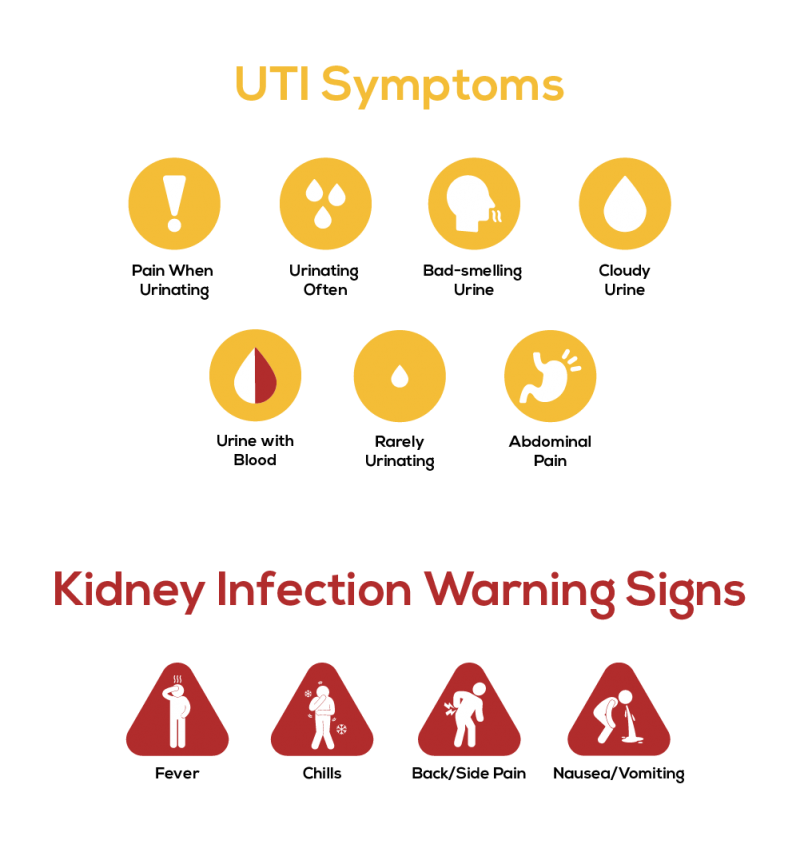Kidney Stones vs UTI: How to Determine and Deal With Each Problem Properly
Kidney Stones vs UTI: How to Determine and Deal With Each Problem Properly
Blog Article
Discovering the Effects and Causes of Kidney Stones in Contrast to Urinary System Infections: A Detailed Overview
The expedition of kidney stones and urinary system infections (UTIs) exposes a complex interplay of signs and underlying reasons that require mindful assessment. What are the key distinctions in their symptoms, and just how might these notify therapy approaches?
Overview of Kidney Stones
Kidney stones, also referred to as kidney calculi, kind when certain substances in the urine crystallize and aggregate, resulting in the development of tough deposits within the kidneys. These rocks can vary in dimension, ranging from a grain of sand to a golf round, and can be composed of various materials, the most typical being calcium oxalate, uric acid, struvite, and cystine. The formation of kidney rocks is influenced by several factors, consisting of dietary behaviors, fluid consumption, and genetic proneness.
Symptoms of kidney rocks may consist of severe discomfort in the back or side, blood in the pee, queasiness, and regular peeing, particularly as the rock relocates with the urinary system tract. Medical diagnosis commonly involves imaging researches such as ultrasound or CT scans, alongside urinalysis to determine the rock's structure.
Treatment choices differ based upon the size and kind of rock, as well as the intensity of signs and symptoms (Kidney Stones vs UTI). Little stones might pass naturally with enhanced liquid consumption, while larger stones may need clinical interventions such as lithotripsy or medical elimination. Recognizing the pathophysiology and danger aspects connected with kidney stones is vital for reliable avoidance and management
Review of Urinary Tract Infections
Urinary tract infections (UTIs) prevail microbial infections that influence any kind of component of the urinary system, consisting of the kidneys, ureters, bladder, and urethra. They predominantly occur when germs, usually from the stomach system, enter the urinary system, leading to inflammation and infection. UTIs are categorized into two main types: straightforward and challenging. Uncomplicated UTIs usually occur in healthy and balanced individuals with typical urinary systems, while complicated UTIs may occur in individuals with underlying conditions, such as structural abnormalities or endangered immune systems.
The occurrence of UTIs is significantly greater in women than men, mostly due to anatomical differences, such as a much shorter urethra. Danger elements consist of sex, specific contraceptive methods, urinary system retention, and dehydration. The diagnosis of UTIs is generally validated with pee examinations, which may reveal the visibility of germs, white blood cells, or red cell.

Symptoms of Kidney Stones
The pain connected with kidney rocks can materialize in numerous means, frequently leading people to look for clinical focus. Among the most common signs is extreme pain, usually local in the reduced back or side, which might emit to the abdominal area or groin. This discomfort, usually called sharp or cramping, can occur all of a sudden and may change in strength.
Furthermore, people might experience hematuria, or blood in the urine, which can range from microscopic amounts to visible discoloration. This symptom might be come with by adjustments in urinary system behaviors, such as raised regularity or necessity, along with pain throughout peeing. Queasiness and throwing up are likewise common, usually arising from the body's response to intense pain.
In many cases, individuals might experience high temperature and chills, particularly if an additional infection creates because of the blockage brought on by the rocks. In general, the mix of severe discomfort, hematuria, altered urinary patterns, and gastrointestinal signs can provide considerable understanding into the existence of kidney rocks, requiring punctual clinical examination and treatment. Comprehending these signs and symptoms is important for prompt medical diagnosis and efficient monitoring of the condition.
Signs of Urinary System Infections
Infections within the urinary system tract frequently offer an array of distinctive signs that can dramatically impact day-to-day live. The most typical signs consist of a relentless urge to pee, often gone along with by a burning feeling throughout urination, known as dysuria. People may additionally experience enhanced regularity of peeing, generating small quantities of pee each time.
Other significant signs include foul-smelling or cloudy urine, which may indicate the existence of germs or pus. In some instances, urine may show up red or pink as a result of the presence of blood, a condition referred to as hematuria. Additionally, individuals may experience pelvic pain or stress, which can additionally intensify the sensation of urgency.
Systemic signs might additionally manifest, such as fever, chills, and tiredness, particularly if the infection has ascended to the kidneys. continue reading this It is essential to recognize these signs and symptoms early, as without treatment urinary system tract infections can cause extra severe difficulties. Kidney Stones vs UTI. Motivate clinical attention is suggested when these signs and symptoms are observed, permitting proper diagnostic evaluation and therapy to ease pain and protect against additional health problems
Sources Of Each Problem
Regularly, kidney rocks and urinary tract infections occur from distinct yet sometimes overlapping reasons that can impact people in different ways. Kidney stones typically form due to metabolic aspects, nutritional choices, and genetic predispositions. Boosted levels of calcium, oxalate, or uric acid in the urine can cause rock development. Dehydration, inadequate liquid consumption, and high-sodium diets can aggravate these conditions, promoting condensation within the urinary system.

Understanding these unique causes is crucial for prevention and treatment. Kidney Stones vs UTI. While way of life alterations might alleviate the danger of kidney stones, appropriate hygiene and punctual treatment of urinary tract infections are important for reducing their click for more info recurrence and linked issues
Conclusion
In summary, kidney rocks and urinary system infections existing unique symptoms and underlying reasons. Kidney stones are characterized by extreme discomfort and metabolic aspects, while urinary tract infections primarily entail microbial infections resulting in urinary system urgency and discomfort. Although both problems can lead to hematuria, their development mechanisms vary substantially. Understanding these distinctions is vital for efficient medical diagnosis and therapy, eventually improving person results for those affected by either problem.
The exploration of kidney rocks and urinary system system infections (UTIs) discloses an intricate interaction of symptoms and underlying causes that call for careful exam.Urinary system infections (UTIs) are common microbial infections that affect any type of part of the urinary system, including the kidneys, ureters, bladder, and urethra.Regularly, kidney rocks and urinary system infections arise from unique yet occasionally overlapping reasons that can affect individuals in a different way.In summary, kidney stones and urinary system infections existing unique useful reference signs and symptoms and underlying reasons. Kidney stones are characterized by extreme pain and metabolic elements, while urinary system infections largely involve bacterial infections leading to urinary seriousness and pain.
Report this page